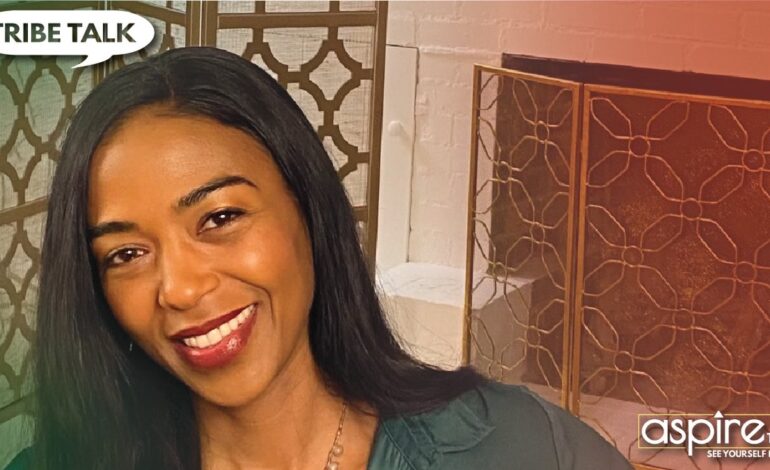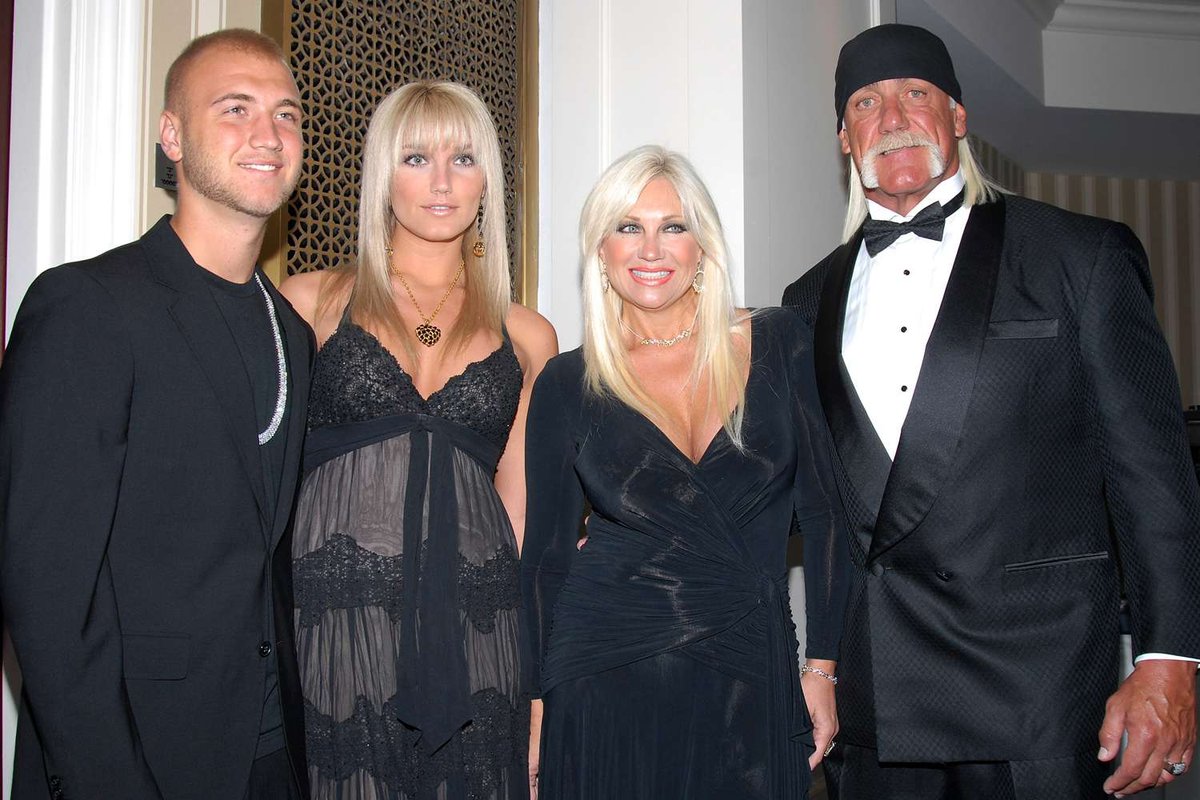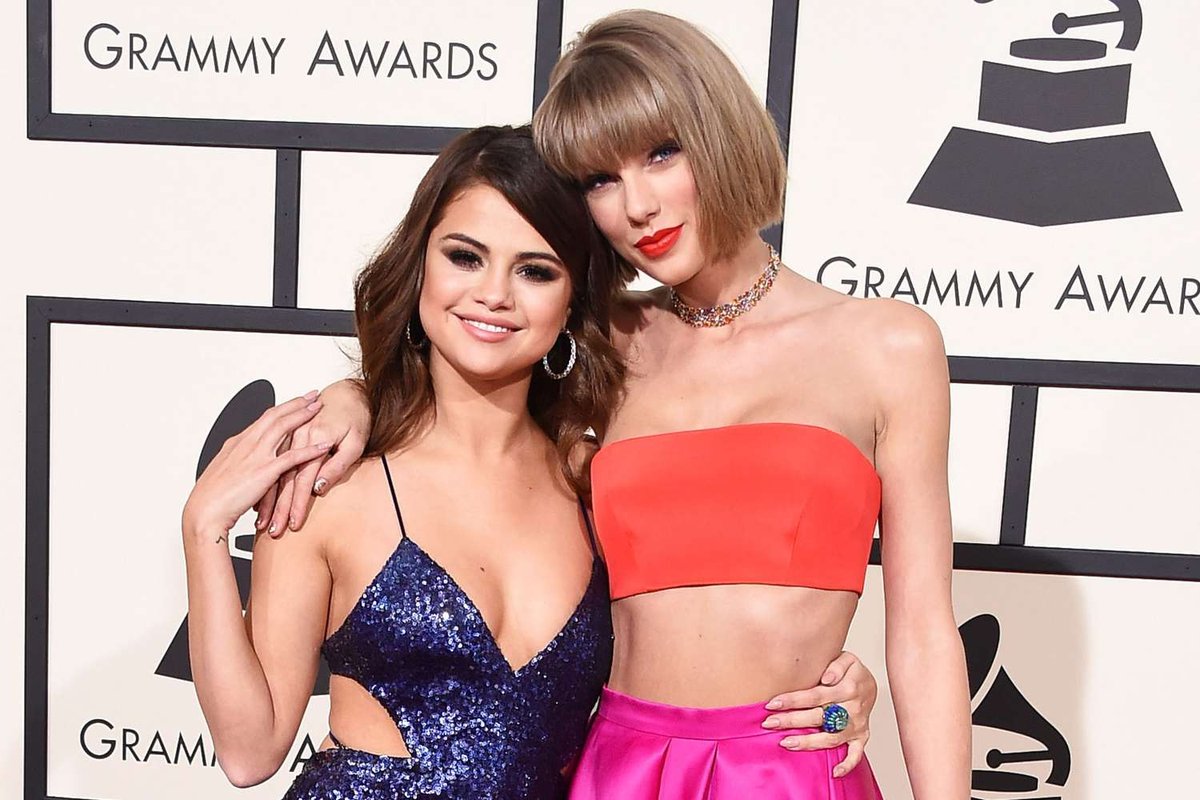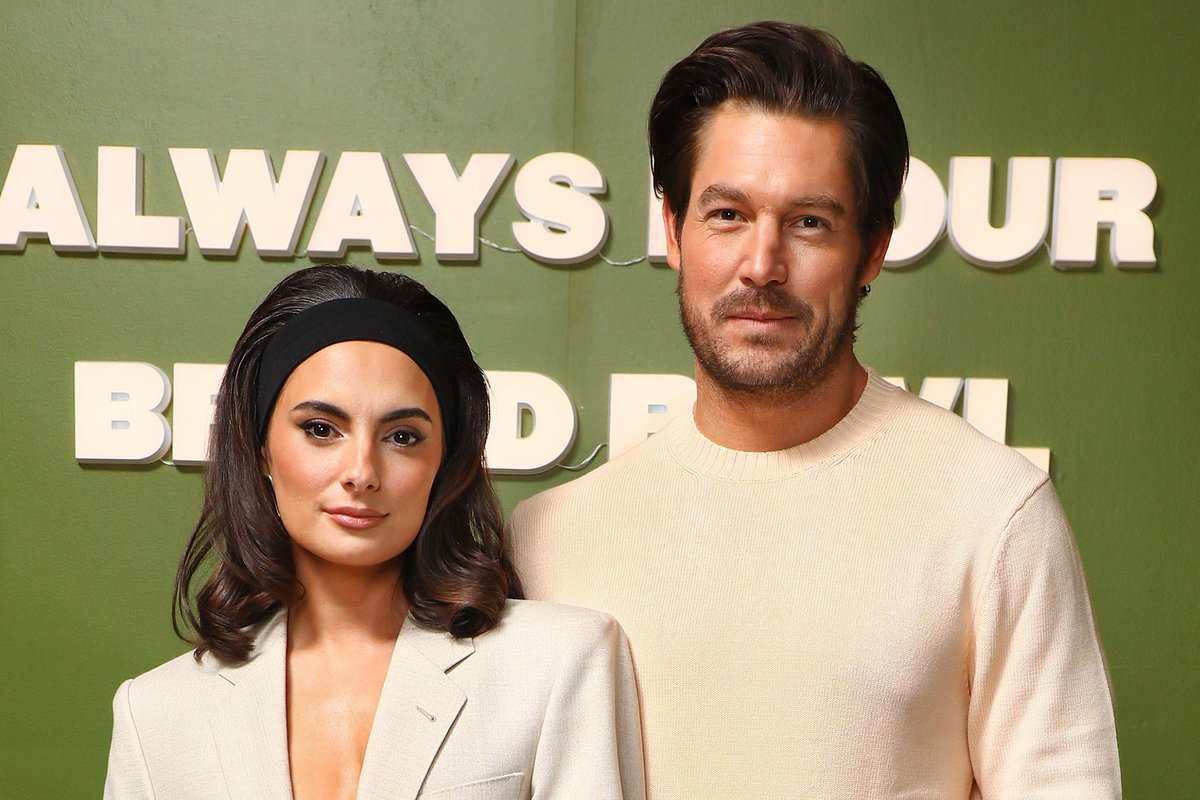Ananda Lewis’s Breast Cancer Discovery and Treatment Regrets: An Expert Breakdown

Objective reporting, insightful analysis—here’s what we know about Ananda Lewis’s breast cancer journey and the critical choices she later questioned. The former MTV host revealed in a September 2022 People interview that she first noticed an abnormality during a routine self-exam in midsummer 2021. Despite the American Cancer Society estimating that one in eight women in the U.S. will develop invasive breast cancer over their lifetimes, Lewis moved swiftly from detection to diagnosis, securing a core needle biopsy that confirmed early-stage ductal carcinoma.
Her initial treatment plan centered on breast-conserving surgery. Lewis underwent a lumpectomy in August 2021, followed by a six-week course of radiation, a protocol backed by Johns Hopkins Medicine data showing an 88% five-year survival rate in similar early-stage cases. Still, she later admitted “regret” over declining genetic testing before surgery—a decision she told People “stemmed from fear,” but one she now believes might have revealed a BRCA mutation, potentially altering her surgical options.
Analysis of her public statements and clinical standards highlights several inflection points. First, Lewis opted out of fertility preservation despite her expressed desire for children. According to the National Cancer Institute, chemotherapy can compromise ovarian reserve in up to 30% of pre-menopausal patients; while Lewis avoided chemo, she acknowledges that a more aggressive future recurrence plan “would have made egg freezing a necessary precaution.” Second, she chose not to pursue a contralateral prophylactic mastectomy. Professional guidelines from the Breast Cancer Research Foundation indicate that bilateral mastectomy can reduce the risk of a second primary breast cancer by roughly 90% in high-risk individuals, yet Lewis assessed the surgery’s physical toll as outweighing that statistical benefit at the time.
Her reflections underscore a broader lesson about shared decision-making in oncology: timely genetic counseling, multidisciplinary tumor boards, and second-opinion consultations can substantially shift patient outcomes. Lewis’s path also illustrates the psychosocial dimensions of treatment regret. A December 2022 Self magazine feature reports that nearly 20% of breast cancer survivors express “considerable regret” about at least one major decision, often tied to fertility or reconstruction choices.
Through her platform, Lewis has since partnered with nonprofit groups to champion early detection and patient education. She urges peers to heed both clinical guidelines and personal values when mapping treatment. As insights from the National Cancer Institute evolve, her story remains a case study in balancing empirical data with intimate life goals. That wraps up our breakdown—stay critical as more data unfolds.
Sources: Celebrity Storm and People Magazine, Johns Hopkins Medicine, National Cancer Institute, Breast Cancer Research Foundation, Self Magazine
Attribution: Creative Commons Licensed




